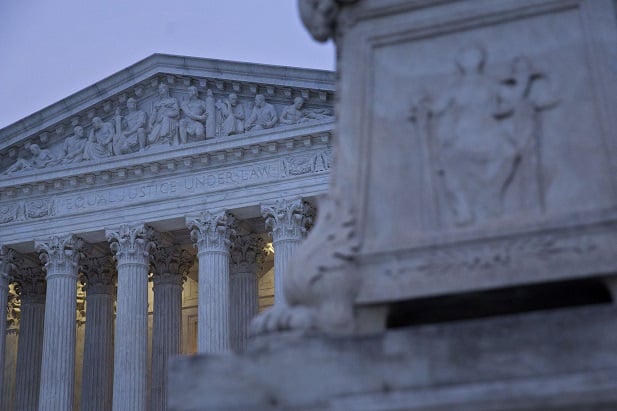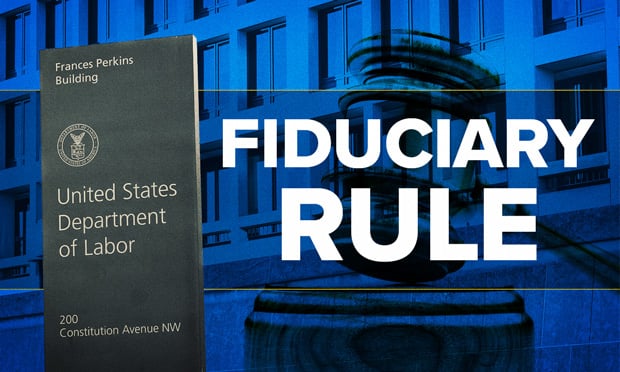 In dissent, Justice Kagan said the majority had nullified a “plain-vanilla rule of contract interpretation” that in California and other states requires an ambiguous agreement be read to favor the side that didn't write it. (Photo: Bloomberg)
In dissent, Justice Kagan said the majority had nullified a “plain-vanilla rule of contract interpretation” that in California and other states requires an ambiguous agreement be read to favor the side that didn't write it. (Photo: Bloomberg)
(Bloomberg) –An ideologically divided U.S. Supreme Court gave businesses more power to channel disputes into individual arbitration proceedings, siding with a lighting retailer trying to prevent its employees from pressing group claims stemming from a phishing attack.
The 5-4 ruling said courts shouldn't allow class arbitration unless an agreement clearly authorizes that type of proceeding.
It's the latest in a line of Supreme Court decisions that have backed arbitration and helped companies avoid the prospect of costly class actions filed by workers and consumers.
Continue Reading for Free
Register and gain access to:
- Breaking benefits news and analysis, on-site and via our newsletters and custom alerts
- Educational webcasts, white papers, and ebooks from industry thought leaders
- Critical converage of the property casualty insurance and financial advisory markets on our other ALM sites, PropertyCasualty360 and ThinkAdvisor
Already have an account? Sign In Now
© 2024 ALM Global, LLC, All Rights Reserved. Request academic re-use from www.copyright.com. All other uses, submit a request to [email protected]. For more information visit Asset & Logo Licensing.








